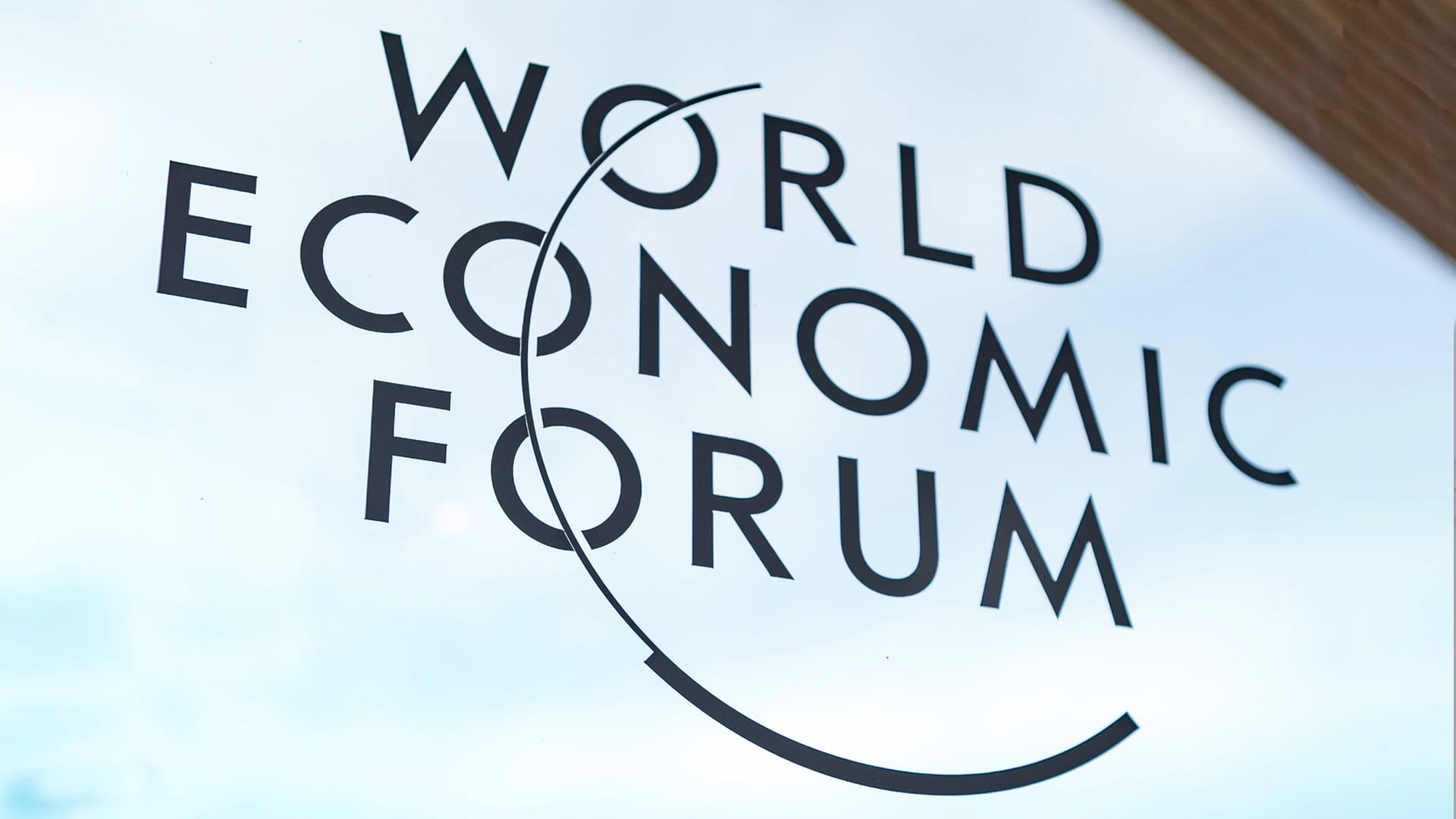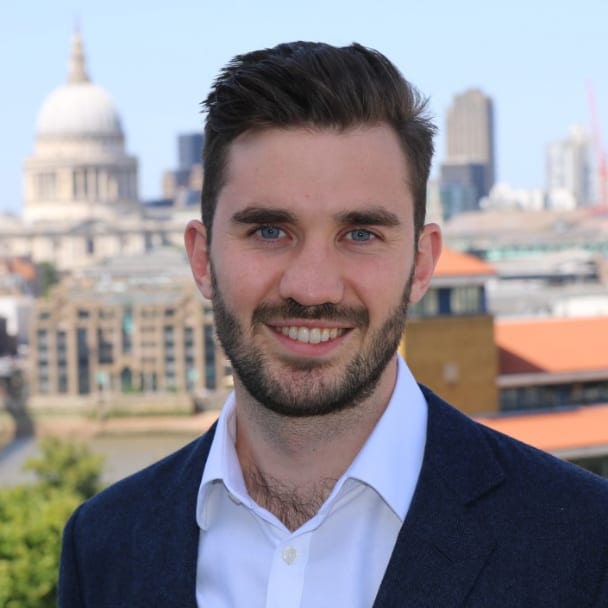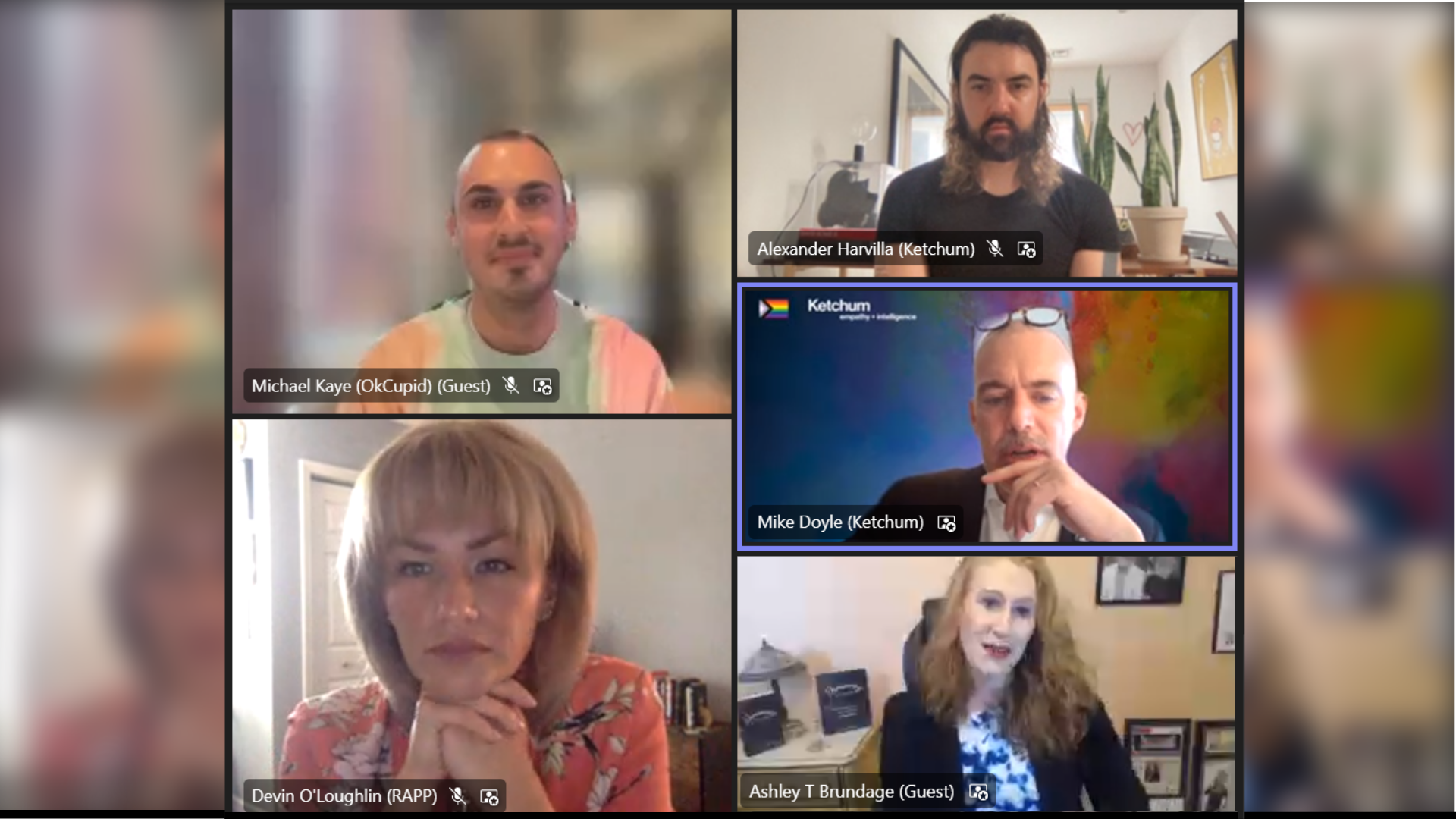Against the backdrop of a global pandemic crippling economies and restricting livelihoods around the world, more pressure than ever was on the business and world leaders who last week convened for the World Economic Forum’s non-traditional Davos Agenda virtual summit. With many sessions openly broadcast to the global public and the Forum’s 25 million social media followers, the abbreviated week of insightful programming marked the launch of the Forum’s Great Reset Initiative and began the preparation of the hoped-for, in-person Special Annual Meeting in Singapore this coming summer.

As leaders discussed global challenges that have risen to the top for many years now—climate change, inequality, the Fourth Industrial Revolution, the future of work, the shift from shareholder to stakeholder and more—action and urgency was present within each and every remark, providing insight into the consumer expectations that will drive the business community in 2021.
We’ve distilled our takeaways into four key trends and implications for communicators:
Global collaboration in an interconnected world
The pandemic has shed a spotlight on the interconnectedness and interdependence of our world, with experts across industries and sectors acknowledging the dangers that will come from continued unilateral approaches to our global challenges. Leaders in Davos called for transparency, information sharing and giving a seat at the table to a diverse set of voices in order to inform the decisions we make to rebuild, recover and drive inclusive growth across our ecosystems—be they our supply chains, our workforce, our health and welfare infrastructures, our data systems or others.
Implication for Communicators: There was a clear and increasing focus on the collaborative solutions that will amplify and multiply the impact of corporate responsibility programs. As organizations prepare to share progress on their efforts, it’s critical that the messaging underscores a collaborative approach. Organizations seeming to operate individually or in a silo will be met with greater skepticism on their ability to follow through on commitments made. Together, we are greater than the sum of our parts.
From dialogue to action
The Annual Meeting is no stranger to critiques and cynicism about what tangible actions will actually follow, but last week’s agenda saw a heightened level of action-based commitments from businesses. Two of particular interest were the commitment of more than 60 global companies to follow a common set of ESG metrics called Stakeholder Capitalism Metrics, as well as a new Partnering for Racial Justice in Business initiative that will “operationalize and coordinate commitments to eradicate racism in the workplace and set new global standards for racial equity in business,” for which 54 organizations across 13 industries have signed on. These commitments show an urgency to not only address global challenges of climate change and racial inequity, but to do so in a way that is universally measurable and puts all those who commit on an equal and transparent field of accountability.
Implication for Communicators: While credit will still be given for businesses who put a stake in the ground on issues, true recognition will be reserved for those who demonstrate measurable action to realize those views. The good news is that not all companies need to break new ground. Committing to join with other organizations and strengthen partnerships to set the standards for transparent measurement both earns your company the trust and respect of its stakeholders while advancing the business community and society at large.
Inclusivity in focus
Discussions of diversity, equity and inclusion have long been a focus for the Forum: Income inequality is a key platform for many Davos regulars, and in recent years the Forum has made significant strides in its attention to advancing LGBTQ+ progress and disability inclusion. But against the backdrop of a global pandemic, other fundamental issues of inclusiveness rose to the surface.
U.N Secretary-General Antonio Guterres insisted that “COVID-19 vaccines must be seen as global people’s goods”—if doses are not available or affordable to all people in all countries, we will fail as a global community to overcome the virus. The pandemic has widened the employment gap, leading to further setbacks in gender equity due to women taking on the caregiving burden for children unable to go to school. But at the same time, the pandemic created opportunities for older people to return to the workforce, with the incredible response to the need for healthcare workers being a prime example. While ageism may have forced workers out of their jobs, AARP CEO Jo Ann Jenkins discussed the benefit of multigenerational workforces and the value and experience older workers bring to conquer unprecedented challenges like COVID-19.
Concerningly, the sudden shift to virtual life has left behind those without access to reliable internet. Shobana Kamineni of Apollo Hospitals Enterprise discussed the exponential growth of telehealth in India during lockdowns, and yet so many Indians have no way to access digital healthcare. Other speakers noted that the digital divide exists not just in the developing world—rural American schoolchildren are facing significantly greater challenges with e-learning than their urban counterparts due to inequitable internet reliability.
Implication for Communicators: We must remember that our target audience is not our only audience. Organizations must create value for all stakeholders, from our customers to our employees to our suppliers and the wider communities in which we live and work. Principles before profit is not only the right thing to do—anchoring inclusion at the heart of corporate strategy will pay dividends to all parties and operate in everyone’s best interest, not just shareholders.
Sustainability at the heart of economic recovery
With all eyes on global recovery from the COVID-19 pandemic, the leaders in Davos set the stage for sustainability being key to that recovery’s success. Greta Thunberg issued another stark call to business leaders to take action. BlackRock CEO Larry Fink kicked off the week with another mandate for green commitments, charging all companies to achieve “net zero” carbon emissions—emitting no more carbon than they remove—by 2050. The Alliance of CEO Climate Leaders ushered a new report outlining how eight supply chains that create more than 50% of global emissions can decarbonize.
Implication for Communicators: In the year ahead we must take into account a company’s environmental footprint and how an organization will take steps toward reducing its impact. Innovations and new models for a post-COVID-19 world must show that they will be more resilient, more efficient and more in tune with preserving our planet for future generations.
While this January event lacked much of the attention and fanfare of a typical Davos week, it underscores that the celebrity-laden parties of years past are superfluous. The real work that takes place is the partnerships that are struck and the commitments that are made to address the very serious challenges facing our world. In a year unlike any other, the World Economic Forum community holds the power to affect real change. The world will be watching—and holding all of us to our commitments.
Are you looking for further discussion of any of the themes and trends discussed at Davos? We’re happy to talk.





